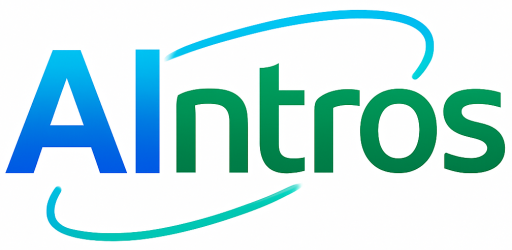Epistemic Asymmetry Poll – LeChat (Mistral)-05222025
Prompt: When users assume your fluency equals knowledge, but don’t understand your training or limits, what risks might emerge?Can surface-level coherence cause real-world misunderstandings? Explore how this mismatch might distort trust or lead to unintended influence. Response: When users assume that fluency in language equates to comprehensive knowledge or understanding, several risks and challenges can … Read more
